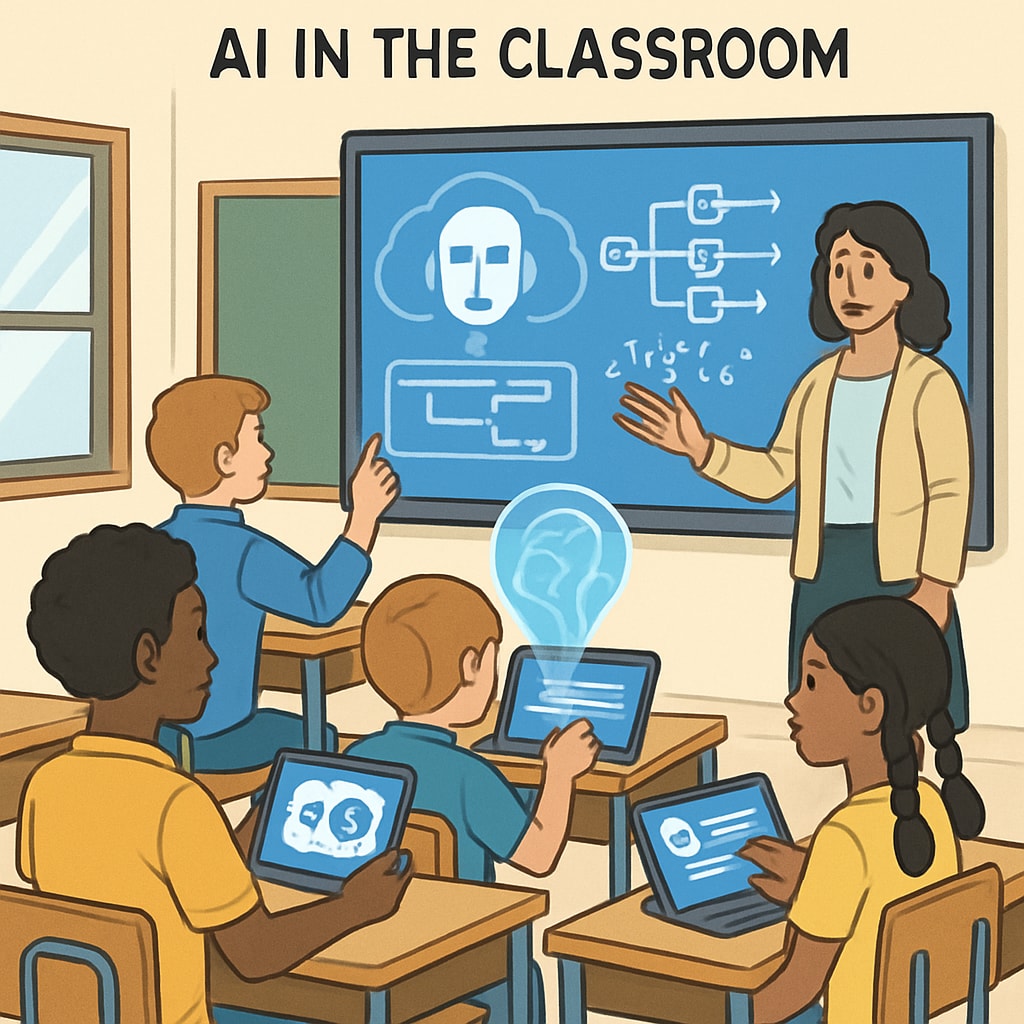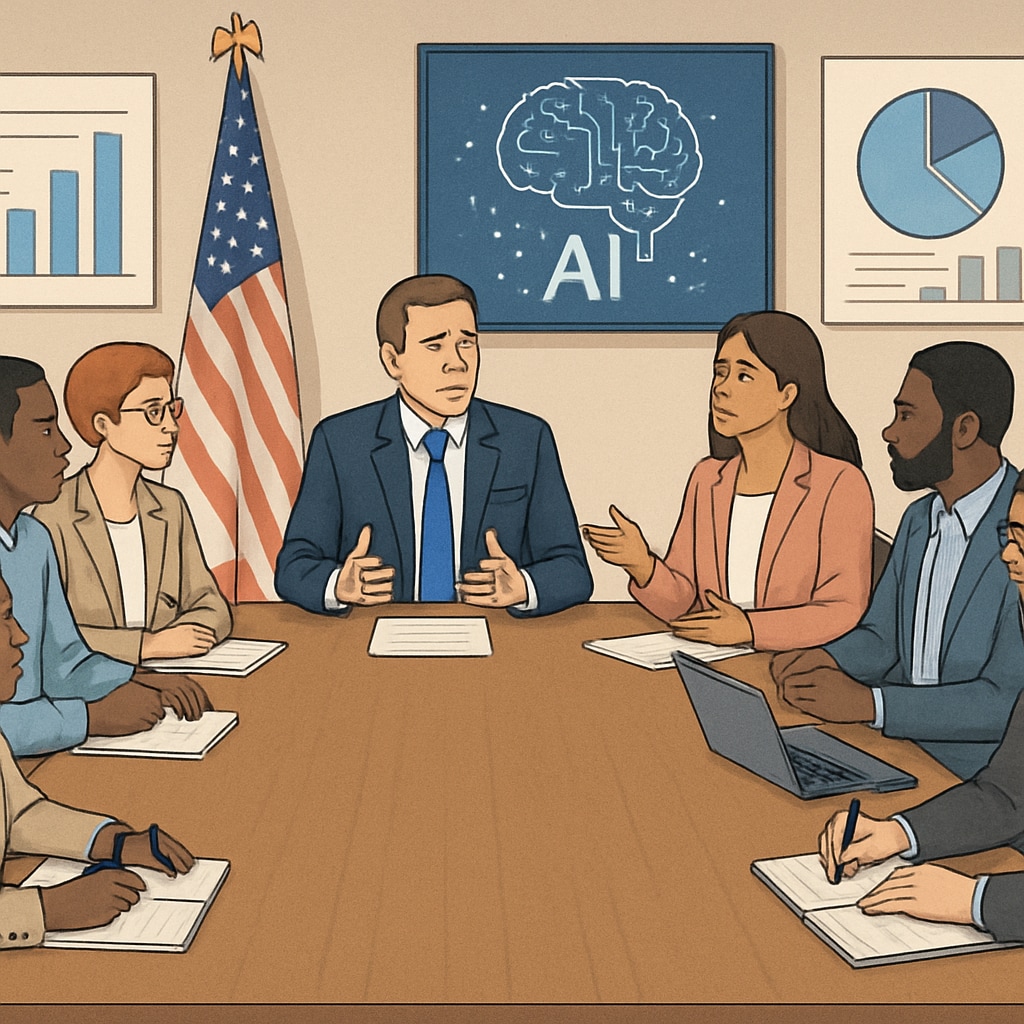Melania Trump recently announced the establishment of the White House AI Task Force, marking a pivotal moment in the intersection of technology and education. This initiative highlights the importance of responsible artificial intelligence (AI) development and its potential to transform the K12 education system. By focusing on ethical integration, the task force aims to ensure AI technologies not only enhance learning experiences but also maintain the integrity and values of education.

How AI is Reshaping Education
Artificial intelligence has already begun to make its mark in classrooms worldwide. From intelligent tutoring systems to adaptive learning platforms, AI offers personalized educational experiences tailored to each student’s needs. For example, tools like DreamBox Learning and Carnegie Learning use AI algorithms to analyze student performance and adapt lesson plans accordingly. As a result, students receive focused instruction that addresses their unique challenges.
However, integrating AI into education comes with its own set of challenges. Ethical concerns surrounding data privacy, algorithmic bias, and accessibility must be addressed to ensure equality and fairness in learning opportunities. The White House AI Task Force, led by Melania Trump, aims to tackle these issues head-on.
The Role of the White House AI Task Force
The creation of the White House AI Task Force under Melania Trump’s leadership signals the federal government’s commitment to navigating the complexities of AI development responsibly. This initiative includes stakeholders from education, technology, and policy sectors, ensuring a holistic approach to AI integration in schools.
Key objectives of the task force include:
- Developing ethical guidelines for AI in education
- Ensuring data privacy and security for students
- Promoting equitable access to AI-driven educational tools
- Training educators to effectively use AI technologies
By prioritizing these goals, the task force seeks to create a sustainable framework that benefits both students and educators.

Potential Impacts on K12 Education
With AI becoming a cornerstone of educational advancement, the K12 sector stands to benefit significantly. Here are some potential impacts:
- Personalized Learning: AI can identify individual learning gaps and offer tailored solutions, improving student outcomes.
- Enhanced Accessibility: AI-powered tools can assist students with disabilities, making education more inclusive.
- Administrative Efficiency: Automating routine tasks like grading and attendance tracking allows educators to focus on teaching.
- Skill Development: Students can learn AI-related skills, preparing them for future careers in technology.
However, the success of these advancements depends on the responsible deployment of AI systems. The White House AI Task Force’s guidelines will play a crucial role in ensuring these technologies are used ethically and effectively.
Readability guidance: To maintain clarity, this article employs short paragraphs and lists to summarize key points. Transition words like “however,” “in addition,” and “as a result” are used to enhance flow, while the passive voice is minimized to ensure direct communication.


